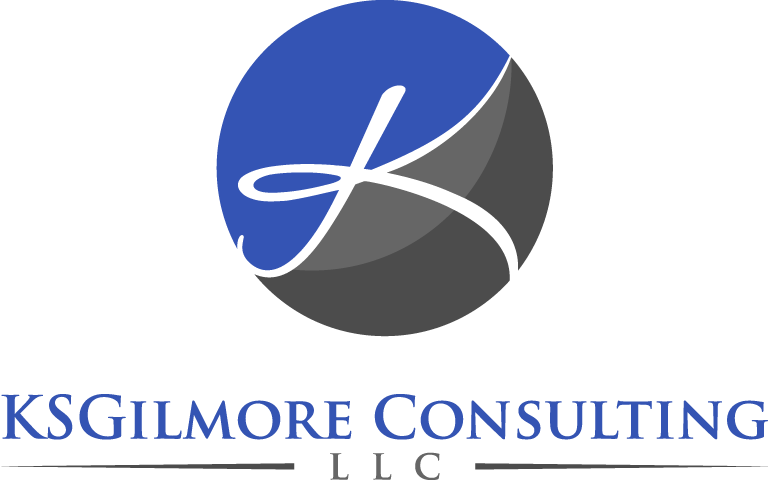What Do Great Leaders Expect from HR in 2019?
This article by KSGilmore Consulting LLC founder and CEO Katie Gilmore originally appeared Jan. 9, 2019, in Inside INdiana Business.
Did you spend 2018 in a flurry of activity - onboarding new hires, handling disputes among employees, and running open enrollment - only to find that you had little to show for all your hard work?
If so, you’re not alone. HR professionals are conscientious to a fault. They won’t let the ball drop, no matter how small it is. This quality is fantastic when it comes to taking care of the people that power your organization. But when it’s time to help leadership understand what you’ve been doing for the past 12 months, it’s time to pass that ball to a colleague and pick up a different game.
Great leaders at top organizations expect HR professionals to be strategic. They want HR to understand the dynamics of the business and to be able to apply HR resources toward supporting business outcomes.
How can you show that you understand the dynamics of your organization? Through diligent reporting on how your team deployed the resources of the HR department.
A good reporting program will help great leaders quickly see the value your HR team brings to the organization. Your reports should be visually appealing, use relevant statistics and figures, and distill complex material into skimmable dashboards.
What should be included in your reports?
Status updates on strategic programs and initiatives.
Let’s say your CEO asked you to start a wellness program. (Or better yet, you pitched the idea of the program to her and she approved it.) This project will take months, if not years, to complete. Don’t wait until the end to report on your efforts. Great leaders want to know what’s happening in your department.
Provide regular status updates to chart your progress. Regular updates can help great leaders understand when a project detours. They may even provide you with advice or resources to help get things back on track. But they can only do this if they are aware of your efforts.
Population-based metrics relevant to your specific business.
For a professional services business, consistent team members are essential for serving the company’s clients. What metrics matter for this workforce? Consider measuring turnover. Break the metrics down by department, service line, or location, surfacing trends on your dashboard.
For example, if turnover rates are high in a particular department, help leadership see this by elevating the statistic on your dashboard. Your reports will become a powerful tool in helping great leaders see emerging developments and trends within your organization.
Recruiting and retention metrics.
Sticking with professional services, these leaders could benefit from seeing how quickly new hires are able to begin billable work. This metric would be valuable to see against a cost of recruitment measurement.
As in our first example, regular updates allow great leaders to understand what is happening in your world and how it impacts the broader organization. Help them see things such as recruitment costs versus onboarding time, and they will see that you understand the dynamics of the business.
Anything else you are doing that supports business outcomes.
Look at the outcomes your leadership team is aiming to achieve. Examples are increasing revenue by 20 percent, growing the business through acquisitions, or launching a new product line. If your HR team is involved in hiring key sales personnel, onboarding large groups of employees at companies recently acquired, or recruiting for R&D, then you need to report on what you are doing.
HR professionals are often working so hard and so fast that they don’t take time to appreciate all that they have accomplished. If reports were simply done as a pat on the back, most would agree that this is a waste of their precious time. But when reports are tied to business outcomes that the entire organization is working to achieve, then the effort is part of the bigger picture. And taking a big picture view is what great leaders expect from HR.
Do you want to show your company’s leaders the value your HR team brings to the company? Contact Katie for more information.

